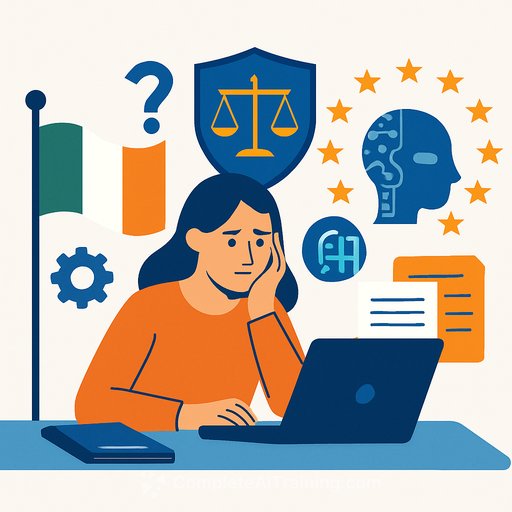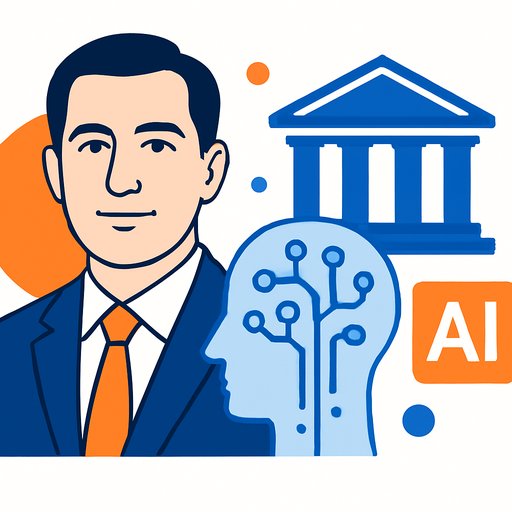Ireland Faces Resource Gap Ahead of EU AI Act Enforcement
The EU’s Artificial Intelligence (AI) Act sets a clear mandate: fundamental rights must be safeguarded as AI systems are developed and deployed. Ireland is preparing to empower nine authorities with new responsibilities under this law starting August 2026. However, none of these bodies have received additional resources from the government to meet these demands.
This lack of funding raises serious concerns about Ireland’s readiness to enforce fundamental rights protections against AI-related harms. Some authorities have even been informed that no extra resources will be provided, despite the increased workload and powers outlined in the AI Act.
New Powers for Fundamental Rights Bodies
The nine designated bodies will gain strong oversight capabilities, including:
- Requesting and accessing all documentation, including technical documents related to AI systems.
- Requesting AI Act regulators to conduct tests on high-risk AI systems and participating closely in these tests.
- Collaborating directly with AI regulators, developers, and deployers to ensure compliance.
These powers are essential for protecting citizens from AI-driven infringements on fundamental rights. Yet, without adequate funding and expert training, their effectiveness will be limited.
Gap in Regulator Appointments and Expertise
The government must appoint AI Act regulators by August 2025 who will enforce bans on dangerous AI systems. So far, not all regulators have been identified, and many lack fundamental rights expertise. Of the currently named regulators, only the Data Protection Commission (DPC) has a mandate covering fundamental rights.
This creates an added burden on fundamental rights bodies. They may need to assist and train these regulators, increasing their workload without additional support. For example, in cases involving AI exploitation of children’s vulnerabilities, regulators will require cooperation from bodies like the Ombudsman for Children and the Irish Human Rights and Equality Commission (IHREC).
Fundamental rights bodies will also support Ireland’s AI regulatory sandbox, where companies test AI products under regulatory supervision, adding further responsibilities.
Training and Funding Are Critical
The effective use of these new powers demands strong technical knowledge of AI and clear understanding of the AI Act’s requirements. Currently, only the Data Protection Commission appears to have this expertise. Other bodies face the challenge of upskilling staff while managing existing duties, creating a risk that enforcement may fall short.
Without immediate government action to provide resources and training, these bodies risk being unable to protect fundamental rights as AI deployment grows. The government must commit to resourcing fundamental rights authorities adequately from day one of the AI Act’s implementation.
Background on Survey and Authorities
The Irish Council for Civil Liberties (ICCL) surveyed seven of the nine designated authorities to assess resource allocation. Two bodies, An Coimisiún Toghcháin and the Data Protection Commission, did not respond. While some authorities like Coimisiún na Meán and the Financial Services and Pensions Ombudsman have approval for staff increases, these relate only to their existing mandates, not the AI Act powers.
Authorities designated under the AI Act in Ireland:
- An Coimisiún Toghcháin
- Coimisiún na Meán
- Data Protection Commission
- Environmental Protection Agency
- Financial Services and Pensions Ombudsman
- Irish Human Rights and Equality Commission
- Ombudsman
- Ombudsman for Children
- Ombudsman for the Defence Forces
The Data Protection Commission holds a dual role as both regulator and fundamental rights authority.
Conclusion
Effective AI regulation demands that those charged with protecting fundamental rights have the resources and expertise to act decisively. The Irish government’s current approach risks leaving these bodies unprepared, weakening Ireland’s ability to enforce the AI Act.
Government officials responsible for AI policy and enforcement should prioritize resourcing these authorities now to ensure Ireland meets its legal obligations and protects citizens from AI-related harms.
For further details on AI regulation and training resources, visit Complete AI Training.
Your membership also unlocks:






